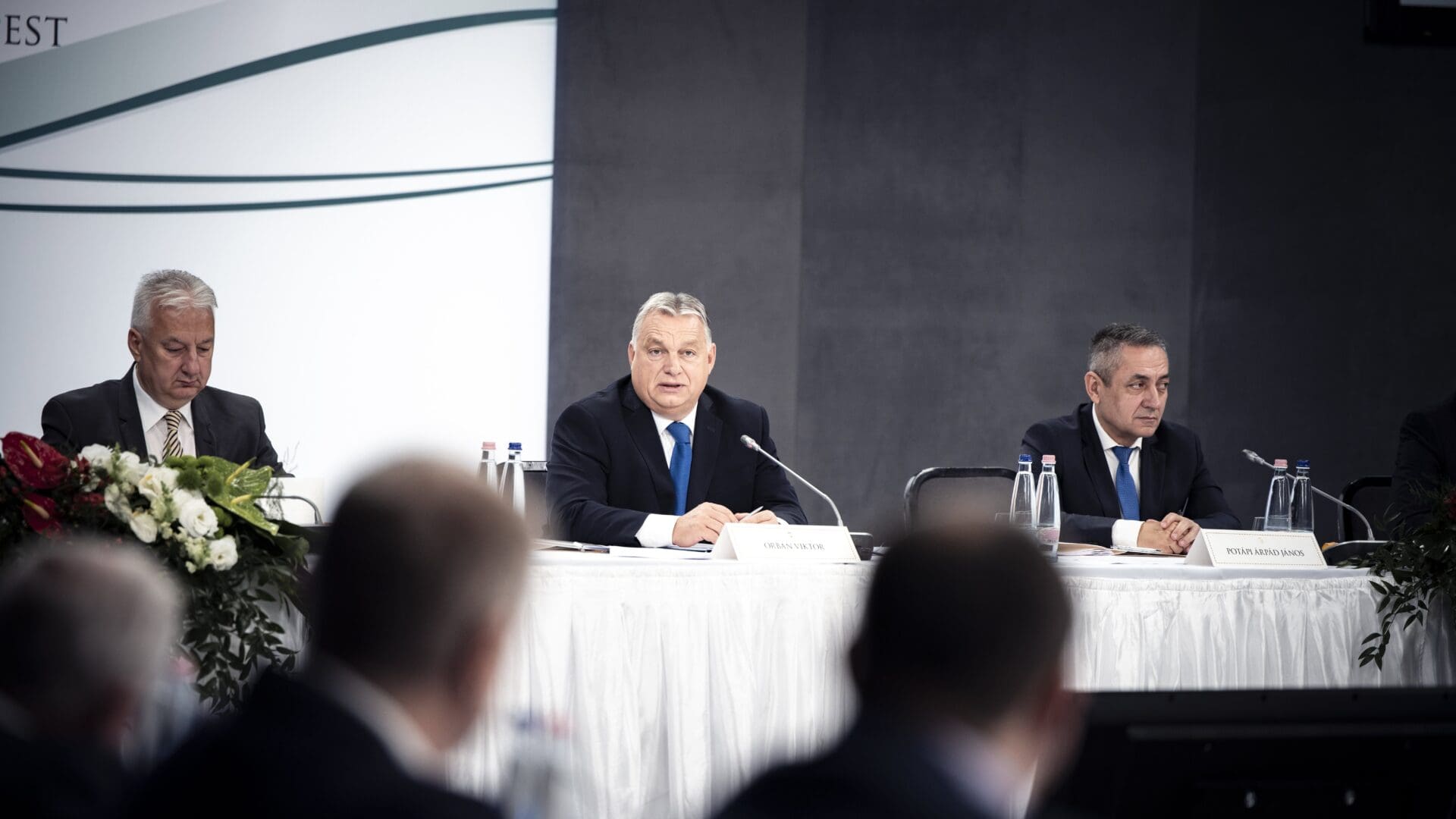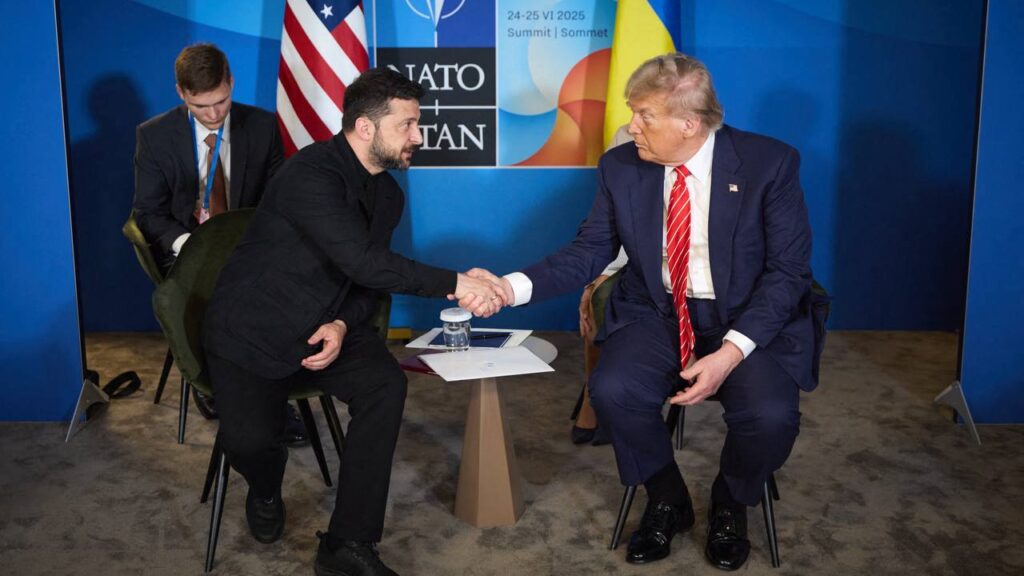As long as ‘there is an ethnic foundation’, policies built on ethnic foundations have a future in the Carpathian Basin, the prime minister told the Hungarian Permanent Conference (MÁÉRT) on Friday.
The elections in Slovakia in which the ethnic Hungarian party ‘failed to make it into parliament for the multiple time in a row’ revived the question whether ethnically based politics had a future, especially considering declining demographics, Viktor Orbán remarked. According to the Hungarian government, ‘preserving the ethnic foundations is our joint responsibility’, and as long as that exists, the politics based on ethnic groups also has a future, he stated.
The situation of Transcarpathian Hungarians ‘is the hardest, most painful aspect of Hungarian life in the Carpathian Basin’, according to Orbán.
Hungary stands by the Hungarians living in Ukraine, the PM stressed.
He then lamented that ‘Ukraine still has time to harass Hungarians amid a bloody patriotic war.’
Hungary today has to fight battles with the European Union as well, Orbán said, noting that he expected major disputes in the EU in the coming months, ‘the outcome of which will determine Hungary’s room for manoeuvre in the coming decades’. One is whether the EU will pivot from unanimous decision-making to majority decisions. That move would require an amendment of the EU treaties, which would be possible only with a unanimous vote, he reminded. ‘That won’t happen as long as there is a single country against [majority voting].’ Hungary, Orbán said, saw unanimous voting as the ‘last guarantee for protecting national interests’, and so such a decision was ‘out of the question’. ‘Hungary won’t have a parliament in the next 120 years that would vote for that, regardless of party affiliation,’ he declared.
The answer to the challenges of ‘a world slipping apart’ lies in strengthening cooperation among Hungarians. ‘Our answer to that slipping apart is unity,’ Orbán said. In the coming years, the essence of Hungary’s strategy for Hungarian communities beyond the borders should be strengthening cooperation among Hungarians ‘as the world around us disintegrates and slips apart’, he said. This year, Hungary was able to maintain programmes and institutions created to support Hungarians outside the country but had no capacity to expand them, the PM noted. He said the country was expected to return to growth in 2024, and the resources for that expansion would again be at hand. The latest increase in the minimum wage shows that ‘life is returning into the Hungarian economy, and we’ve managed to drag it out of recession’. This, the prime minister added, would give the opportunity to revive development schemes for Hungarians beyond the borders, too.
Orbán opined that Europe’s opinion was now considered a ‘sidebar’ rather than an important factor influencing outcomes.
‘There are two suns in the sky, neither of them European,’ he reiterated.
Agreements are now being shaped by the US and China, with the latter ‘producing economic growth that is slowly but surely leaving that of the Western world behind’. ‘This is a crisis for us, a European crisis of confidence and self-evaluation; we’re not used to that,’ he highlighted. Europe will have to find answers ‘to what constitutes sensible behaviour’ in such a situation. According to one ‘school of thought’, promoting competition, trade and ‘trying to strengthen ourselves’ is the solution, while the other advocates for protectionism and isolationism. The latter ‘is of the opinion that preserving what we’ve got is already an achievement.’ He added that this debate was pervasive in every European Council summit and in every EU ministerial meeting.
Speaking about migration, the PM stated that it is solely up to Hungarians to decide who can and cannot reside in Hungary and on what terms, he nailed down. Orbán said whereas Western European leaders thought that Muslim immigrants could be secularized in the same way that traditional European Christian communities had been, Muslims did not want to be secularized and felt at home with a different life philosophy, ‘which they see as superior to secularized European life’. So chances of real integration were ‘extremely small’, he said. Hungary, the prime minister said, must tighten its immigration rules as the relevant 2007 law had been introduced before the advent of ‘migration inflation’. A transparent and enforceable system must be created, Orbán warned, ‘otherwise Westerners will sweep us away’.
Related articles:
Sources: Hungarian Conservative/MTI








